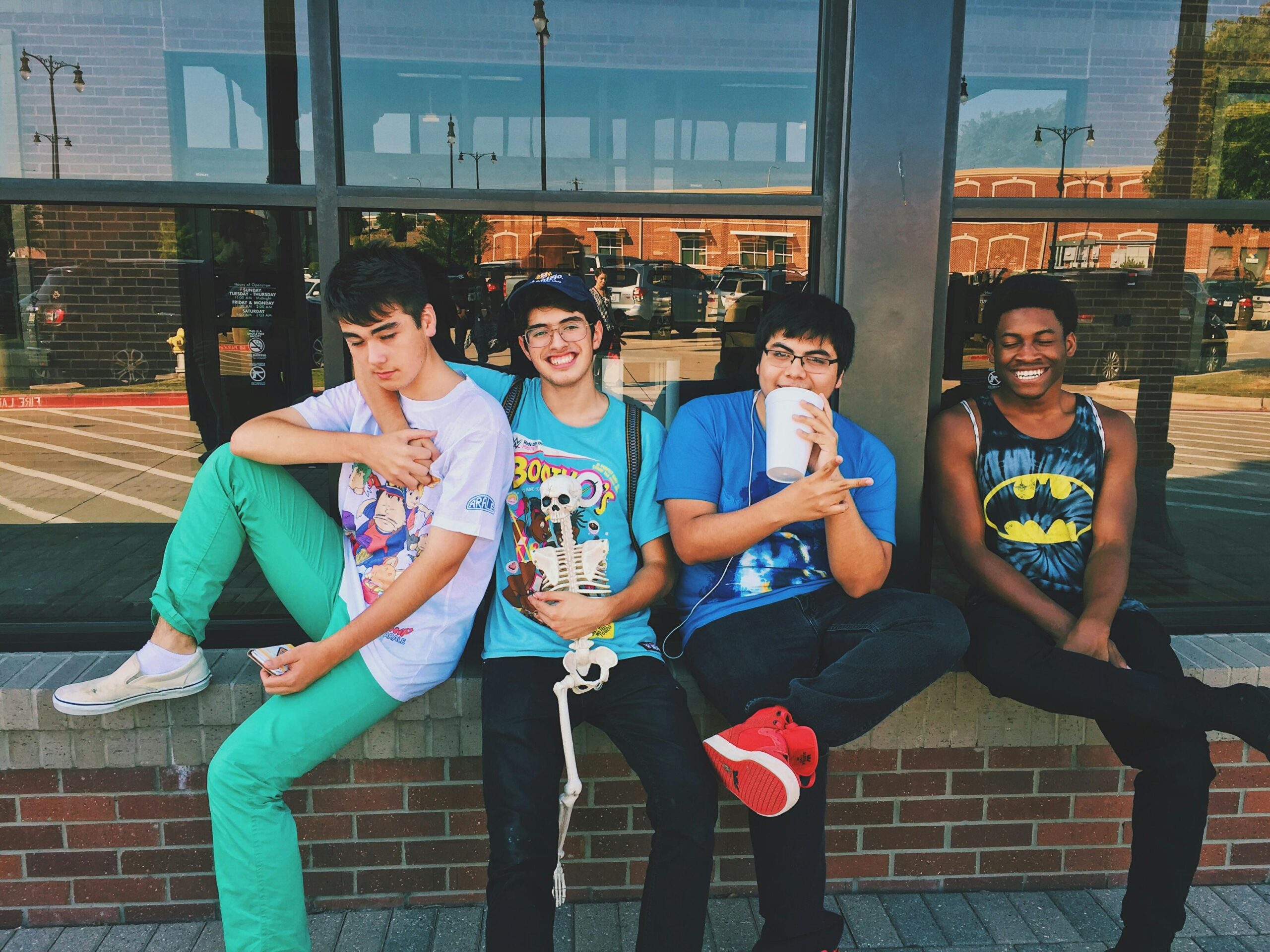Atypical depression is one category of depression. What’s happening in a person’s life strongly affects atypical depression and its symptoms. These might be major life events, such as graduating, moving, or a breakup—or they could be small positive or negative events. Atypical depression is actually very common among teens: Some three million adolescents have at least one major depressive episode annually.

Clinical
Different Types of Family Therapy and How To Choose the Right One
Navigate family therapy options: Find your fit. Discover different types of family therapy to identify the best approach for your unique needs.




